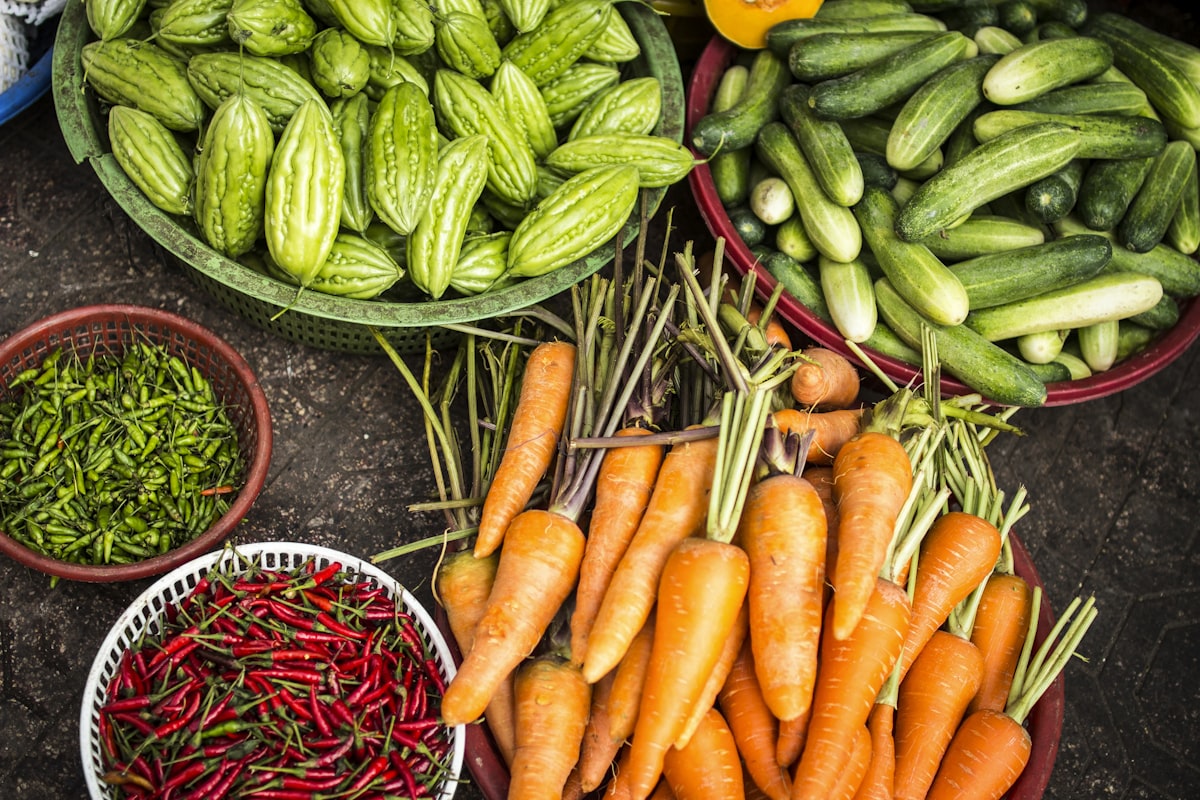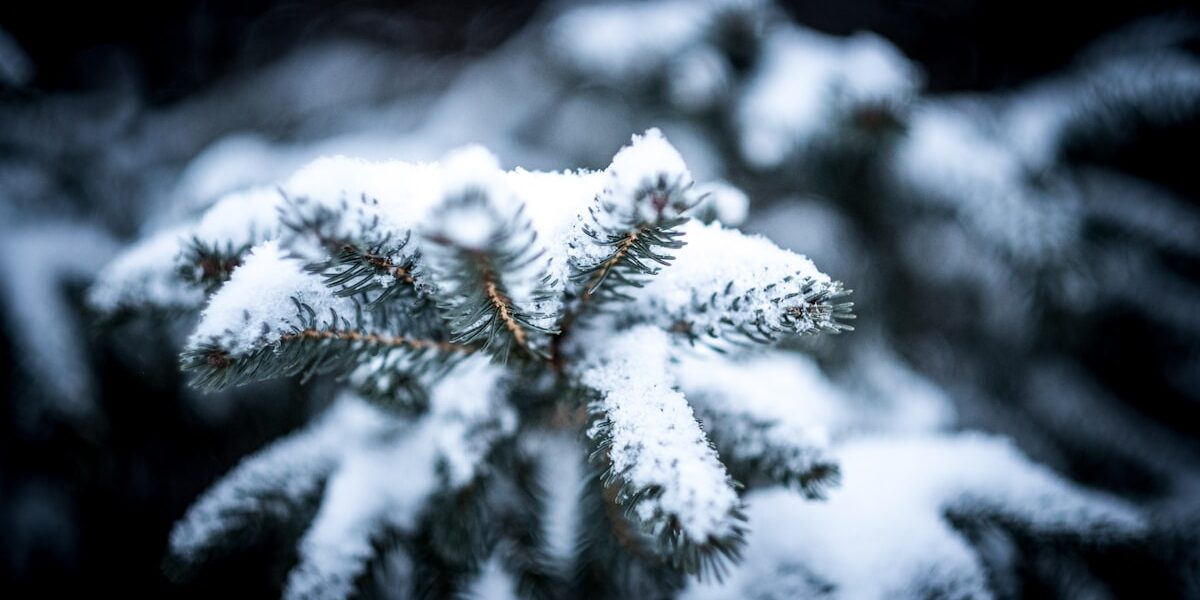Does Mulch Glue Prevent Weeds?
Mulch glue, often referred to as mulch stabilizer, is a product designed to keep mulch in place and potentially prevent the growth of weeds. This article explores whether mulch glue is effective in weed prevention and how it compares to traditional mulching methods.

What is Mulch Glue?
Mulch glue is a liquid adhesive that binds mulch particles together, creating a stable layer on the soil surface. Typically made from non-toxic, biodegradable materials, it’s safe for plants and the environment. Once applied, the glue dries and forms a crust, holding the mulch securely in place.
Traditional Mulching Methods
Traditional mulching involves spreading organic or inorganic materials like wood chips, straw, or shredded leaves over the soil. Mulch helps retain soil moisture, regulate temperature, and improve soil health. Most importantly, it acts as a barrier, suppressing weed growth by blocking sunlight from reaching weed seeds. Common mulch types include bark mulch, compost, and landscape fabric.
How Mulch Glue Works
Mulch glue is applied using a sprayer, similar to those used for spraying pesticides or fertilizers. The adhesive coats the mulch and dries, bonding the pieces together. This prevents wind or rain from displacing the mulch, which can help in keeping the garden neat and reducing maintenance. The glue also adds a protective layer over the soil, adding an extra barrier against weed seeds attempting to reach the soil below.
Effectiveness of Mulch Glue in Weed Prevention
Mulch glue is primarily designed to keep mulch in place, but it can also contribute to weed prevention. By stabilizing the mulch layer, it ensures consistent coverage over the soil. This continuous layer denies weeds the sunlight needed for germination. However, it should be noted that mulch glue alone might not fully prevent weeds. Its effectiveness largely depends on proper application and the type of mulch used.
Benefits of Using Mulch Glue
- Reduces mulch displacement due to wind or rain.
- Provides a neat and maintained appearance for longer periods.
- Can enhance the weed-suppressing capabilities of traditional mulch.
- Environmentally friendly and biodegradable.
Limitations of Mulch Glue
- May not fully prevent weeds on its own.
- Effectiveness depends on proper application and quality of mulch used.
- Additional cost and effort compared to traditional mulching.
- Might need reapplication over time as the adhesive breaks down.
Best Practices for Using Mulch Glue
To maximize the effectiveness of mulch glue for weed prevention, follow these best practices:
- Choose a high-quality, dense mulch. Smaller particles bond better and provide a stronger barrier.
- Apply mulch in a thick layer, typically 2-3 inches deep, to ensure full soil coverage.
- Follow the manufacturer’s instructions for mixing and applying the mulch glue.
- Ensure the area is clean and free of existing weeds before applying mulch and glue.
- Consider using a pre-emergent herbicide alongside mulch glue for additional weed control.
Alternative Weed Prevention Strategies
While mulch glue can aid in weed control, other methods may also be effective. These include:
- Landscape Fabric: Placing landscape fabric under mulch can block weeds more effectively. However, fabric needs to be replenished over time.
- Manual Weeding: Regularly removing weeds by hand remains one of the most effective ways to control weed growth.
- Herbicides: Using chemical or natural herbicides can effectively reduce weed populations, especially when combined with mulching.
- Cover Crops: Growing cover crops in offseason can enhance soil health and outcompete weeds.
Cost Considerations
The cost of mulch glue can vary based on brand and quantity. It typically ranges from $20 to $50 per gallon, covering several hundred square feet. While it adds to the expense of gardening, the reduced need for frequent re-mulching and manual weeding can offset the cost over time.
User Experiences
Many gardeners report satisfaction with mulch glue for its stabilizing impact on mulch. Although, some indicate that it might not be sufficient for comprehensive weed control. It works best as a complement to other weed prevention strategies.
Conclusion
Mulch glue can help in weed prevention but isn’t a standalone solution. It strengthens the effectiveness of traditional mulch by ensuring consistent soil coverage. For best results, use it alongside other weed management practices. Thoughtful application and integration into a broader garden maintenance strategy can yield the best outcome.

